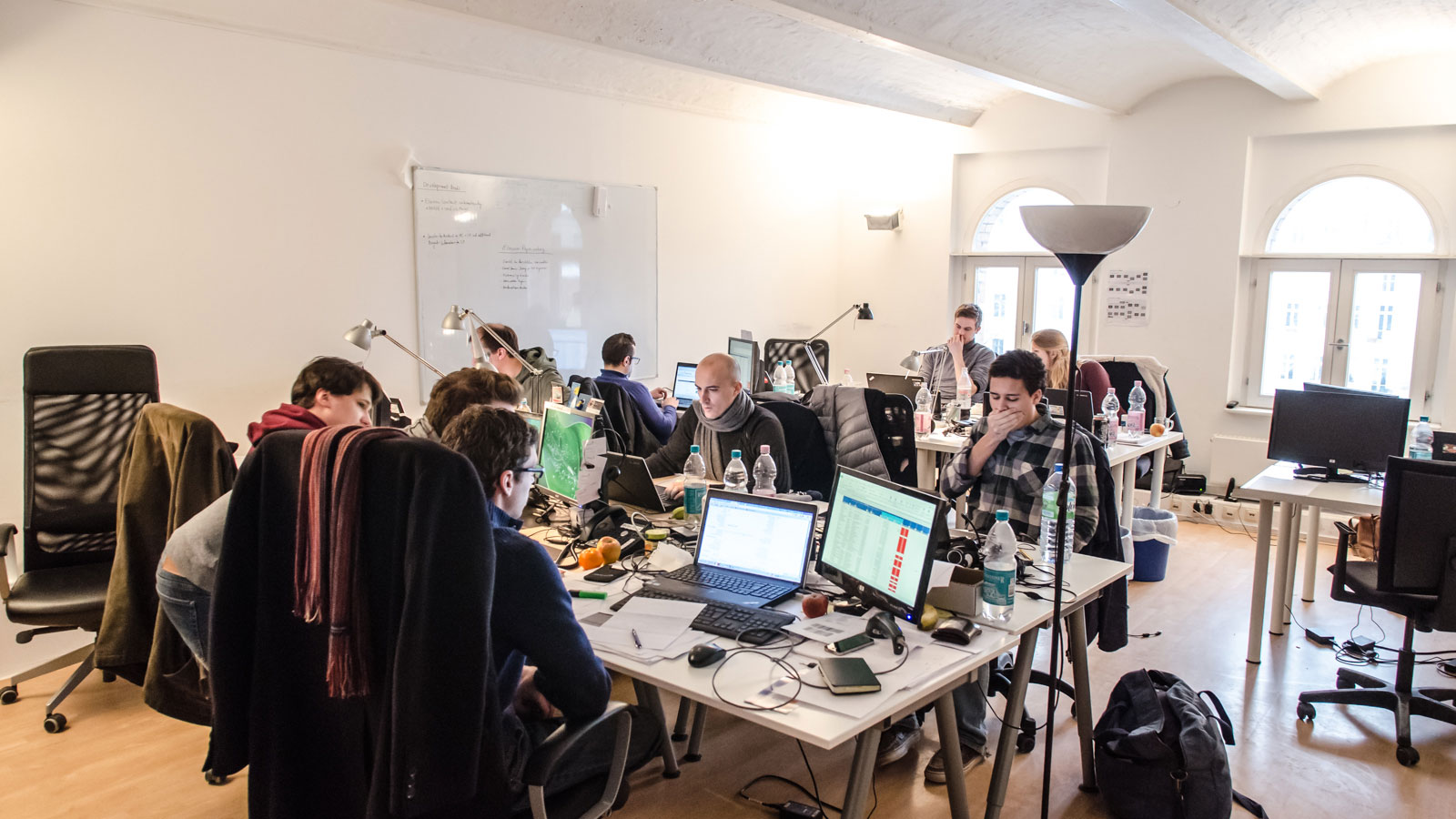The UK tech sector is deeply divided over the Brexit deal

“Accept the things you cannot change,” the old cliché goes. The problem is, how do you know when to give up fighting? It’s a question the UK tech sector must grapple with as Brexit looms.
Not many in the industry support the UK’s decision to leave the European Union. Concerns center on a draining of talent and investment and an increase in friction around the flow of data and services.
An oft-cited worry is that if it pulls out of the EU single market, the UK will no longer be party to agreements on freedom of movement, making it even harder to hire tech specialists. There’s also a fear that it will be harder to share data with EU countries.
However, the sector is currently deeply split over whether to back the existing withdrawal agreement negotiated by Prime Minister Theresa May. There is fear that the alternative is a chaotic “no deal” exit on March 29, 2019.
The argument has coalesced around two main camps: trade body techUK, which has thrown its weight behind the deal, and Tech for UK, a campaign group committed to overturning the whole result. Tech for UK has collected more than 800 signatures from tech CEOs and founders calling for a second referendum, in the hope the British people might rethink the decision they made in June 2016.
In an open letter to UK MPs calling on them to vote against the deal, the signatories warn that the industry will be damaged by losing vital funding—for example, money provided via the Horizon2020 program, which provides EU funds for innovation and research. They’re also concerned about a “brain drain” of tech talent leaving the country and difficulties in selling new products and services in the EU. And there are fears that many new startups will simply opt to move to other tech-friendly European cities—such as Berlin—instead of setting up in London.
“May’s deal is good compared to no deal. But it’s not good enough. We should fight on,” says investor Simon Murdoch, who backs a second referendum.
“Now that we know more about the damage we’re about to do, the only sane thing to do is to ask the EU to pause the process and go back to the UK people,” agrees startup founder Chris Thorpe.
But for techUK, the prospect of a no-deal Brexit is too awful to consider. It is resigned to backing the draft deal.
“Any deal that enables the UK to leave would always be worse than remaining,” says techUK’s deputy CEO, Anthony Walker. “But our position is that it’s the only actual deal on the table right now, and a no-deal scenario would be catastrophic.”
The whole debate has a distinct air of unreality about it, because it’s almost certain that the deal will fail to be voted through Parliament. More than half of ruling Conservative Party members of Parliament have pledged to vote against it, as have most opposition MPs. What happens after that? No one has a firm answer.
At least everyone agrees on one thing: it’s going to be a volatile four months before the UK formally leaves the EU. “As we get into the final stages, everything gets a lot more fluid potentially. Things that have looked impossible could start to look possible,” Walker says.
Keep Reading
Most Popular
Large language models can do jaw-dropping things. But nobody knows exactly why.
And that's a problem. Figuring it out is one of the biggest scientific puzzles of our time and a crucial step towards controlling more powerful future models.
The problem with plug-in hybrids? Their drivers.
Plug-in hybrids are often sold as a transition to EVs, but new data from Europe shows we’re still underestimating the emissions they produce.
Google DeepMind’s new generative model makes Super Mario–like games from scratch
Genie learns how to control games by watching hours and hours of video. It could help train next-gen robots too.
How scientists traced a mysterious covid case back to six toilets
When wastewater surveillance turns into a hunt for a single infected individual, the ethics get tricky.
Stay connected
Get the latest updates from
MIT Technology Review
Discover special offers, top stories, upcoming events, and more.